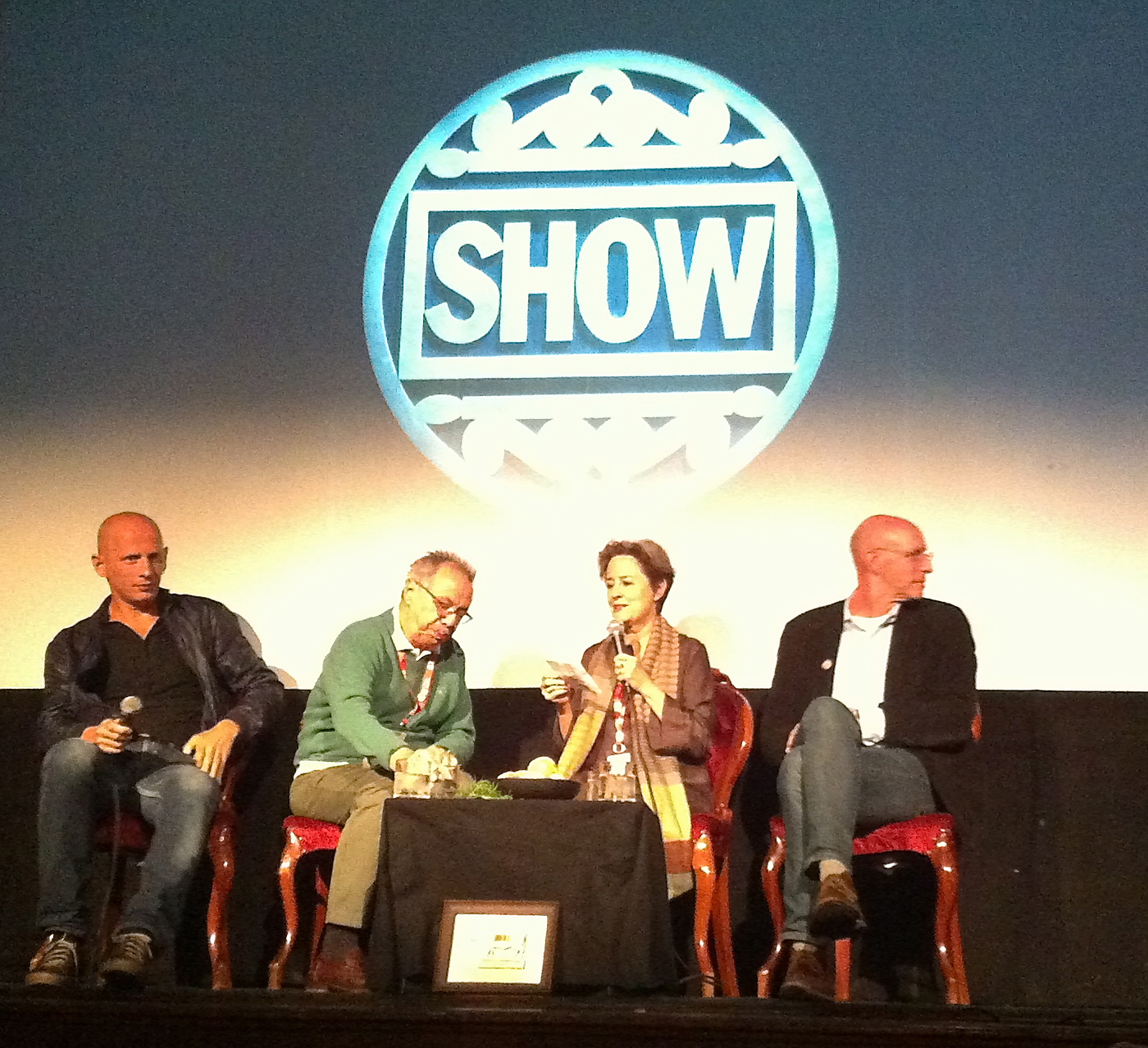In 1986 McDonald's announced it would raise its golden arches in Rome, next to the Spanish Steps. The global purveyor trumpeted its arrival with the slogan, One taste, worldwide. Those familiar with the Italian penchant for claiming regional supremacy (which dates at least to the fierce competition between medieval city-states) know that telling an Italian he should adopt the culture of an upstart outsider is probably not the best approach.
The proposal fired up the activist Carlo Petrini like logs in a brick oven, and he assailed the burger giant with combative questions. "Why should an Eskimo eat the same food as an Ethiopian? What will happen to the neighborhood trattoria? Food is as important as language, why destroy our heritage?" He railed and rallied against the homogenizing of cuisine and cultural identity, and three years later Slow Food was born.
From his current perch as head of the international movement that acts as a guiding light in the sustainably-minded gastronomic world, Petrini now thanks the fast food chain. With characteristic ironic charm he says, "I am so glad McDonald's came to Rome. Otherwise there would be no Slow Food."
The Slow Food movement is the subject of a new documentary from director Stefano Sardo. Slow Food Story (which might just as easily be titled Petrini Story) chronicles the evolution of the organization through its charismatic leader, Carlo Petrini, from its beginnings in the small Piedmonte town of Bra to a worldwide network of 170 chapters in 150 countries.
The film's journey takes us from Petrini's roots with Radio Free Europe through the Italian wine crisis in the mid-1980s when methanol additives poisoned people, to the founding of Terra Madre (Mother Earth) in 2004. Despite some illness, the patriarch Petrini never rests in his quest, in his passionate pleas to counteract the destructive effects of fast food and a fast life. More than any other single person, he has promoted the cause of food in Europe; Time Magazine dubbed him 'Innovator' in their 2004 list of European heroes.
The film is narrated by Azio Citi, who displays a clear affection and admiration for his schoolboy friend. Vintage footage is accompanied by charming graphics, such as the image of Petrini as Noah, taking fruits and vegetables into the arc. (This squirreling away of heirloom seed is not so farfetched, and is exactly the aim of the Doomsday vault in northern Norway, which currently stores the means of re-cultivation in a cellar dug 400 feet into permafrost and rock.)
With an Italian championing of enjoyment, Petrini advocates the importance of maintaining both agricultural biodiversity and the pleasure principle. Petrini espouses, "an environmentalist who is not also a gastronome is very sad." Call-to-arms excerpts from the Slow Food manifesto employ a seductive language: May suitable doses of guaranteed sensual pleasure and slow, long-lasting enjoyment preserve us from the contagion of the multitude who mistake frenzy for efficiency.
Slow Food Story premiered in the U.S. at the Telluride Film Festival over Labor Day. Following the screening, a renowned group of food activists continued the conversation. On the panel along with director Sardo sat local food activist Alice Waters of the famed Berkeley restaurant, Chez Panisse; author and proponent of eco-gastronomy Michael Pollan; and Dieter Kosslick of the Berlin Film Festival, which now includes a Culinary Cinema category that screen films on food and the environment.
On this side of the Atlantic, Michael Pollan can be credited more than any other single person for the gathering strength of the food revolution. His books, from The Botany of Desire to The Omnivore's Dilemma to Cooked, have opened the kimono on industrialized agriculture, revealing just what it is we are eating and why the methods of production are so important.
The panel addressed food from the global to the local level. Pollan spoke of the degradation of quality and attention to food, how Americans now spend on average one tenth of household income on food, down from 15 percent in the mid-'80s, as compared to the previous one third spent in France. The price of food has fallen along with salaries, spreading the affordability of processed food.
Pollan pointed out the dangers of GMOs, how their pollution is of a more insidious kind since it can't be washed away in a clean up. GMOs replicate themselves, squeezing out existing plant DNA and altering the gene pool. A small pollution becomes a big (and possibly irreversible) pollution.
Pollan also touched on the problem of the food movement growing out of environmentalism, which has long forsworn pleasure and made a virtue of asceticism. "Becoming a food militant should not have to be synonymous with sacrifice." In fact, quite the opposite. Waters spoke of the power of reawakening people to the delights of cooking and eating, of the positive influence of a garden on the White House lawn.
With this kind of spokesmanship on public panels and across the media, with the expanding outreach of Slow Food and its message -- from planet to plate, from field to fork -- there is hope that the rising tide acknowledging the pleasure of a peach can defeat the steamroller drive of McDonald's and Monsanto.
